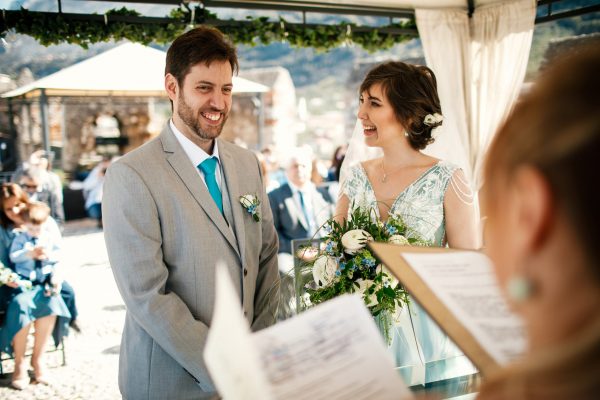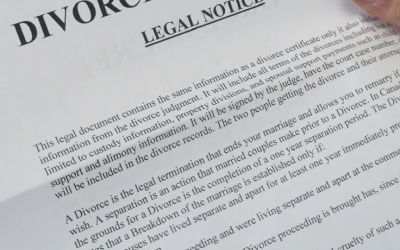
Marriage for Expats in UAE: Complete Guide to Sharia & Civil Weddings
Table of Contents ▼
If you’re an expatriate in the UAE planning to marry, you’re likely wondering about the legal procedures and requirements.
A marriage for expats in UAE can seem complex at first, but it’s a manageable and straightforward process once you understand the different options and steps involved. Whether you choose to marry under Sharia law or through a civil ceremony, the UAE offers flexibility to accommodate both Muslim and non-Muslim expatriates.
Expats seeking marriage Abu Dhabi can benefit from understanding the legal requirements for both civil and Sharia marriage procedures.
In this guide, we’ll explain the process of getting married in the UAE, the required documents, and how to navigate the legal steps for a smooth wedding experience.
Legal Framework for Marriage for Expats in UAE

The UAE provides two primary marriage options for expatriates: Sharia law for Muslim expatriates and civil law for non-Muslim expatriates. Both are valid under UAE law, ensuring that expatriates from various backgrounds have legal avenues for marriage.
For Muslim expatriates, marriage is governed by Sharia law, which involves specific eligibility criteria and documentation. Non-Muslim expatriates can opt for a civil marriage, which is a secular process carried out by the relevant authorities. Learn the steps to legalize wedding in Dubai for expats, whether under Sharia or civil law.
Sharia Law Marriage for Muslims
If you are a Muslim expatriate in the UAE, marriage is typically conducted under Sharia law. The process includes several key requirements. Both parties must be of legal age to marry, and the woman must have consent from her guardian (wali) unless she is widowed or divorced. Additional documentation is needed for women in such cases.
Documents required include valid passports, residency visas, proof of single status (such as a certificate of no impediment), and health certificates to confirm that both parties are free from contagious diseases. After submitting the necessary documents, the process of registering a Sharia marriage generally takes about two weeks. However, the time can vary based on the paperwork and other factors. Once approved, you will receive a marriage certificate, which is essential for various legal matters, such as applying for a spouse visa.
Civil Marriage for Non-Muslim Expats
For non-Muslim expatriates, a civil marriage is the more common option. This type of marriage is secular and involves no religious ceremonies. Non-Muslim expatriates are eligible to marry through a civil procedure as long as they meet the necessary documentation requirements.
The required documents for a civil marriage include valid passports, residency visas, proof of single status, and health certificates. The process can take up to three months, primarily due to embassy verification and paperwork. After registering the marriage at the embassy, you will receive a marriage certificate that is recognized both in the UAE and your home country.
The Step-by-Step Process for Marriage for Expats in UAE

The marriage for expats in UAE process involves several steps, regardless of whether you choose a Sharia law or civil marriage. Here is a general outline of the procedure.
Start by gathering all necessary documents. For both marriage types, you’ll need valid passports and residency visas. You’ll also need proof of single status (such as a certificate of no impediment) and health certificates from an authorized medical center. For Sharia marriages, women under the legal marriage age (18 years) will need guardian consent. Once your documents are prepared, submit them to the relevant authorities.
After submission, the documents will be verified, which typically takes up to two weeks. Once verified, you can proceed to marriage registration. For Sharia law marriages, the couple must appear in person at the UAE court, where the marriage ceremony is conducted. For civil marriages, non-Muslim expatriates must register their marriage at their respective embassy, where the marriage will be legally recognized.
Once the marriage is registered, you will receive a Marriage Certificate, which is legal proof of your marriage. This certificate is essential for various legal processes such as applying for a residence visa for your spouse or making legal declarations in your home country.
Documents Required for Marriage for Expats in UAE
The documents required for marriage depend on whether you’re opting for a Sharia law or civil marriage. In general, you’ll need valid passports and residency visas. You’ll also need proof of single status (a certificate of no impediment), health certificates, and proof of residence in the UAE. For women under 18, you will need guardian consent for a Sharia marriage.
For civil marriages, proof of residence in the UAE is required, along with the documents from your embassy. Be sure to verify the specific requirements with the embassy or court, as they may vary depending on your nationality.
Costs and Timeframes for Marriage for Expats in UAE

The cost of marriage in the UAE varies depending on the type of marriage you choose. Sharia law marriages typically range between AED 500 and AED 2,000, depending on court fees and health certificate costs. Civil marriages tend to be more expensive, ranging from AED 2,000 to AED 4,000 due to embassy registration and the processing of documents.
The processing time for a Sharia law marriage usually takes around two weeks, whereas civil marriages can take up to three months due to embassy document verification.
Challenges for Expats When Marrying in UAE
While the marriage for expats in UAE process is relatively simple, some challenges may arise. Common issues include missing or incorrect documents, which can cause delays. It’s important to ensure that all your documents are complete and accurate before submission.
Some nationalities may have additional requirements or face bureaucratic hurdles during the process. It’s always a good idea to check with your embassy about specific requirements for your nationality before starting the process.
Tips for a Smooth Marriage Process for Expats in UAE
To ensure a smooth marriage process, consider consulting with a legal expert who specializes in marriage for expats in UAE. A professional can guide you through the necessary steps and ensure your documents are in order. Additionally, gather all required documents early to avoid delays and make sure you understand the requirements for your nationality.
Conclusion
Getting married in the UAE as an expatriate doesn’t have to be complicated. By understanding the process and following the correct steps, you can ensure that your marriage for expats in UAE goes smoothly. Whether you choose a Sharia law marriage or a civil marriage, the UAE offers options to suit your needs.
For assistance with the process, consider working with professional services like Easy Wedding Dubai, who can guide you through every step of your marriage for expats in UAE journey and make the process as seamless as possible.
For marriage in Dubai for expats, find out all the essential legal steps you need to take.


